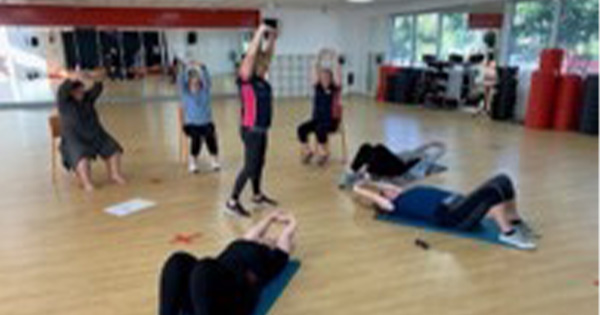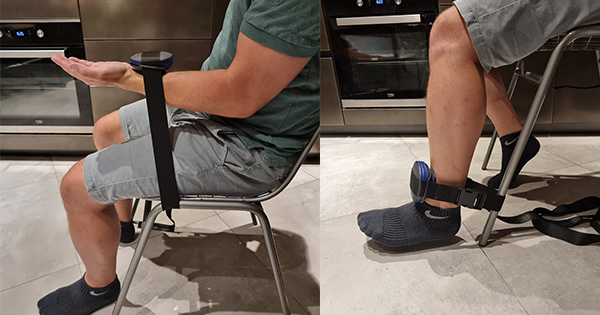<p>Background: Arm lymphoedema is a commonly recognised complication of breast cancer treatment and can cause major physical and psychological morbidity. Accurate assessment is important and it has been shown that early treatment can minimise the severity of chronic lymphoedema.</p>n<p>Aims: This study investigates the incidence of arm oedema in 133 women who had been treated for breast cancer and the correlation between arm swelling two weeks postoperatively and the development of lymphoedema.</p>n<p>Methods: Excess arm volume and previously recognised risk factors, such as seroma, wound infection, body mass index (BMI), cording and restricted arm movement were recorded preoperatively; two weeks, three, six, 12 and 18 months postoperatively. The extent of surgery, the number of positive lymph nodes and any postoperative treatments were also noted. A null hypothesis was used to analyse the data.</p>n<p>Results: The incidence of arm lymphoedema was 18.8% at 12 months. No new cases were found at 18 months. The only single significant factor associated with an increase in the incidence of arm lymphoedema was two-week postoperative swelling (p<0.01).</p>n<p>Conclusions: If two-week postoperative swelling indicates a significantly increased risk of subsequent lymphoedema, early referral of patients may help to reduce the development of long-term chronic conditions. </p>




